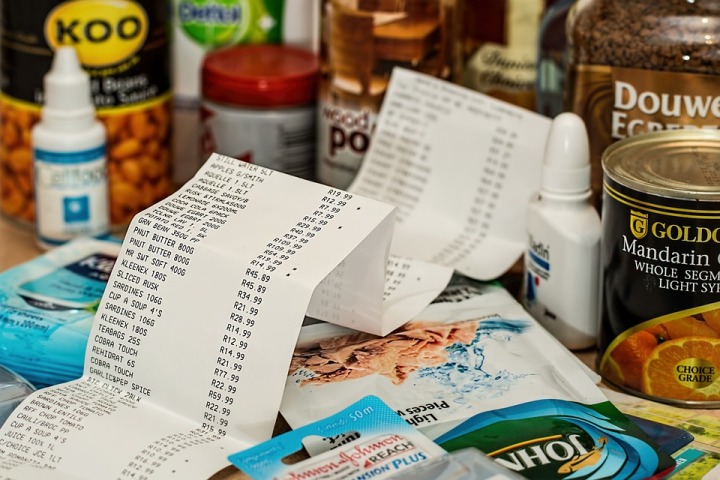Choosing locally made goods could be game-changer for economy
According to Statistics South Africa, retail trade accounts for some 15% of the country’s entire GDP.

- Country:
- South Africa
Every rand spent by South Africans on locally manufactured products this Black Friday makes an important contribution to economic growth and job creation.
“Choosing locally made goods this Black Friday could be a game-changer for the South African economy, injecting billions of rands into economic growth and turning the tide on unemployment,” says Proudly South African CEO Eustace Mashimbye.
“Part of South Africa’s economic recovery lies in creating meaningful job opportunities – a process which begins with citizens supporting locally made and manufactured goods.
“With unemployment at record highs, the power of consumer activism could be the catalyst our country desperately needs to unlock investments in labour-absorbing sectors such as manufacturing,” Mashimbye said.
According to Statistics South Africa, retail trade accounts for some 15% of the country’s entire GDP. Retail trade sales in September amounted to nearly R94.4 billion.
The Unisa Bureau of Market Research estimates that Black Friday spending alone is expected to reach R11.3 billion this year – over a tenth of this total monthly spending in a single day.
“Consider what this sum could do for the economy and employment if directed towards local businesses.
“To move the needle in the right direction and safeguard our country’s future, it’s important to realise that every rand spent on domestic goods is a vote for positive socio-economic change,” Mashimbye said.
Mashimbye noted that there is a common misconception that an emphasis on localisation inevitably means a compromise in terms of either price or quality, risking high inflation, poor standards, or both.
However, this fails to recognise that many South African goods are globally competitive in terms of quality.
Secondly, it is important to consider that through stimulating domestic demand for South African goods and services, businesses will receive the reassurance needed to further invest in growing capacity, with cost benefits for consumers.
“By purchasing locally manufactured goods, we will finally begin to overcome some of South Africa’s structural economic challenges.
“We can create new opportunities throughout value chains for low-skilled and unskilled workers, driving sustainable economic development. Local businesses can then pass on the price benefits of economies of scale to consumers in a virtuous cycle that benefits all.
“Additionally, job creation means more financially independent citizens who can participate in the formal economy, accelerating local market demand and further stimulating economic growth,” Mashimbye said.
In a competitive market, one may find imported goods that are more or less expensive than local items but that is where one must make a choice, he adds.
“As consumers, it’s important to remember that cheap imported goods are not necessarily of a high quality. When it comes to large global fashion brands, for example, you may be paying a premium for the brand name rather than the quality. South African products may offer superior value for money, in addition to their economic benefits.
“Anyone seeking value guarantees this Black Friday should keep an eye out for the Proudly South African tick of quality assurance.
“By choosing local, consumers send a strong signal to businesses that we are collectively prepared to address South Africa’s unemployment crisis,” Mashimbye added.
For a closer look at the wide range of Proudly South African products on offer, visit Proudly South African’s Black Friday guide.
The Living Lekker Locally video showcasing the very best of local goods can also be viewed here: https://youtu.be/VfTw3m70ON0. In addition, it can be viewed on Proudly SA’s website.
(With Inputs from South African Government Press Release)
- READ MORE ON:
- economy
- Eustace Mashimbye
- Proudly South African
- Black Friday
ALSO READ
Revolutionizing India's Economy: The Impact of JAM on Financial Inclusion
Xi Jinping Urges Macao to Reinvent its Economy
Haldiram's Bold Move: New Manufacturing Unit in Bihar Set to Boost Local Economy
World Bank Reports Highlight Declining Living Standards in Turkish Cypriot Economy, Propose Data-Driven Reforms
PalmPay and Jumia Partner to Strengthen Nigeria’s Digital Payment Ecosystem and Promote Cashless Economy










